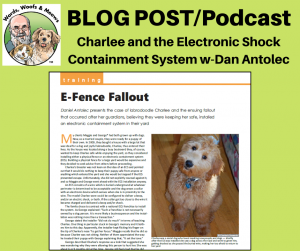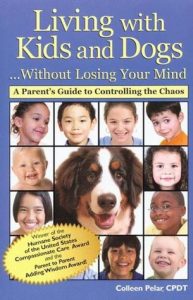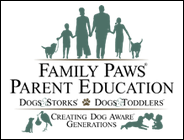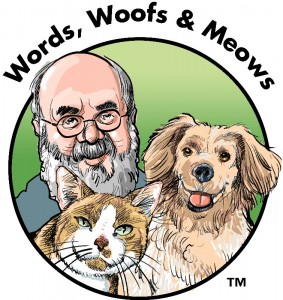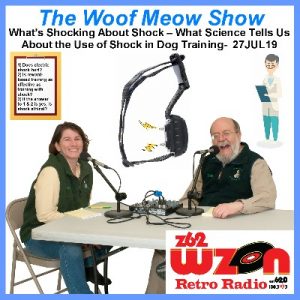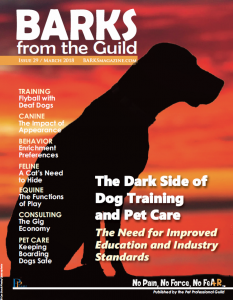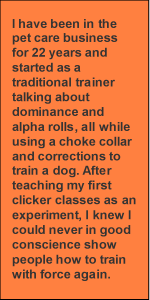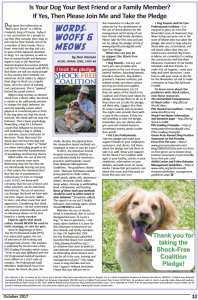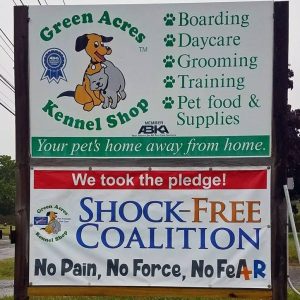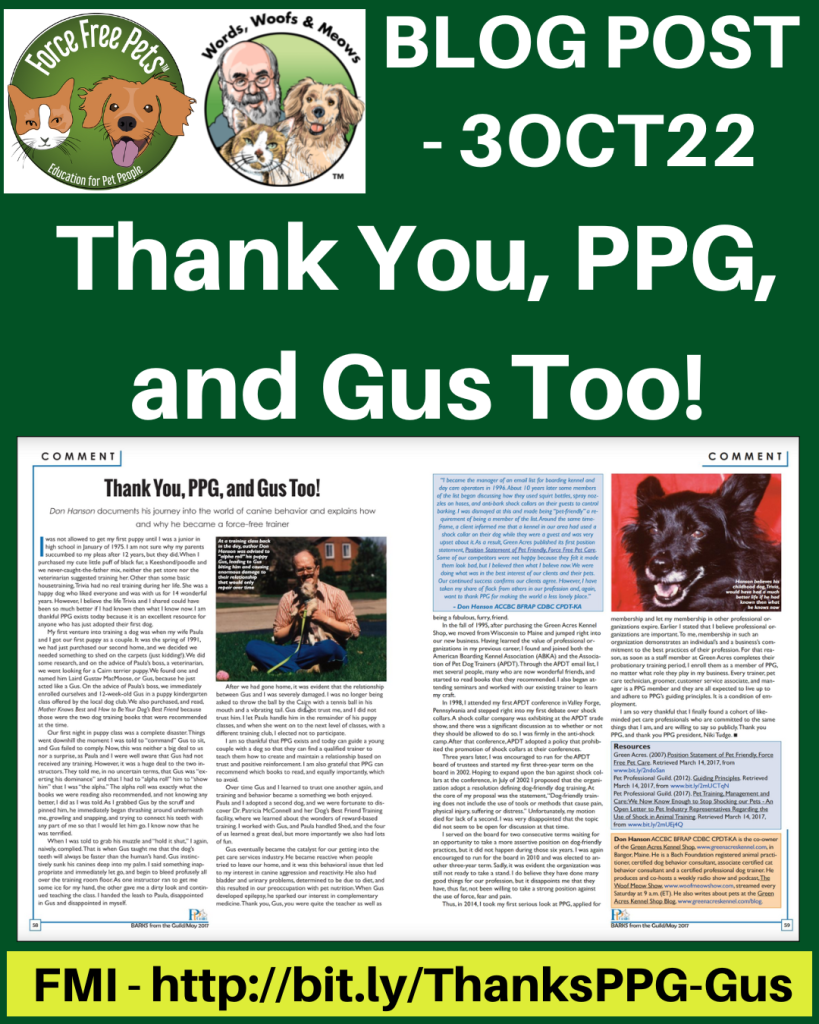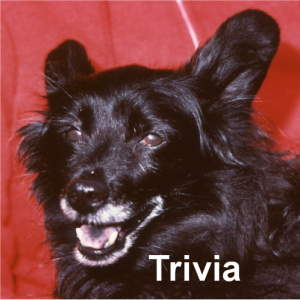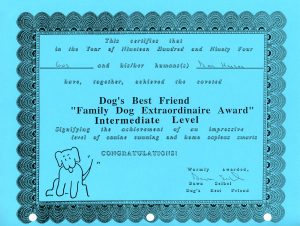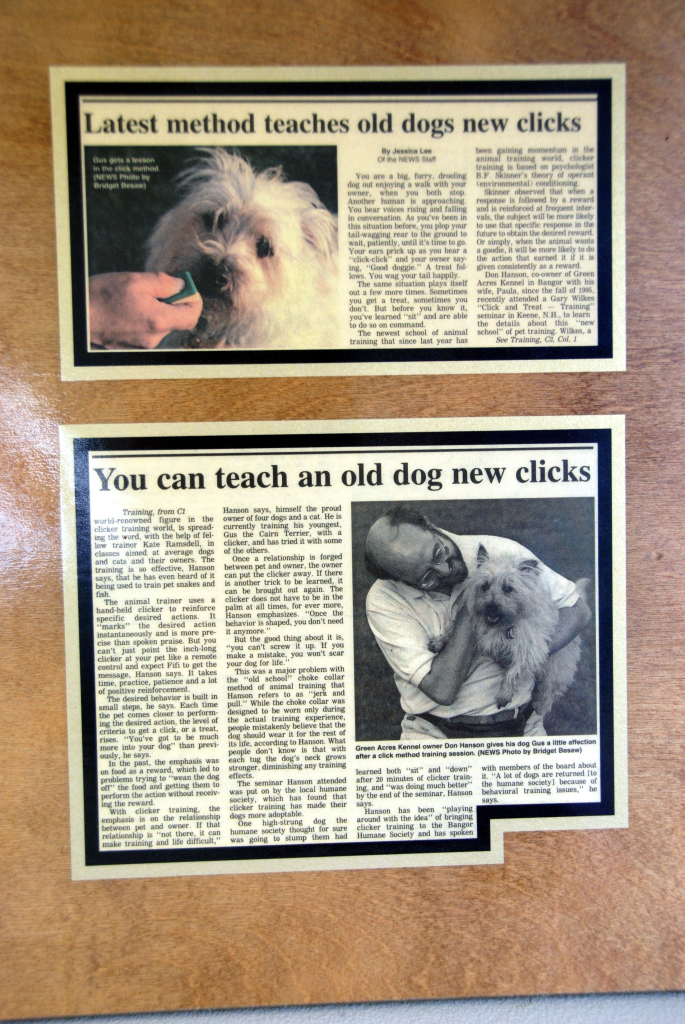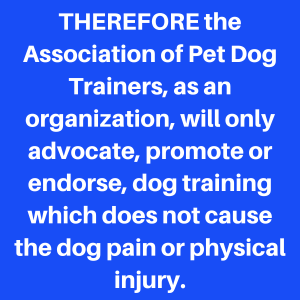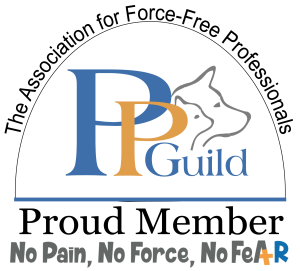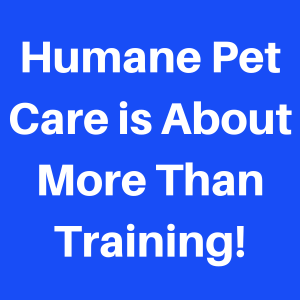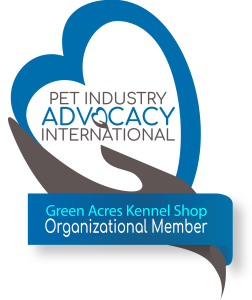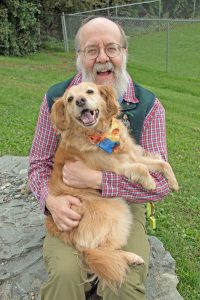< A version of this article was published in the September 2020 issue of Downeast Dog News>
< Updated 20SEP20 >
< A short link for this page – http://bit.ly/HumanePetPros >
People often ask me to refer them to other pet care professionals when they are not in the Green Acres’ service area. I know and recommend many such 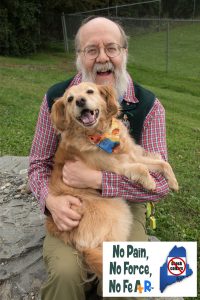 individuals throughout the USA. Still, if I don’t know someone in a specific community, I always refer people to the Pet Professional Guild’s (PPG) Find An Expert page on the PPG website < https://www.petprofessionalguild.com/Zip-Code-Search >.
individuals throughout the USA. Still, if I don’t know someone in a specific community, I always refer people to the Pet Professional Guild’s (PPG) Find An Expert page on the PPG website < https://www.petprofessionalguild.com/Zip-Code-Search >.
At PPG’s website, you can enter your zip code or country, and you will be able to review a list of pet care professionals that are PPG members that are closest to you. You can click on the details and learn more about them, including the services they offer and how to contact them. If one of these professionals does not provide the services you need, they may still be your best contact for finding someone close to you that does offer what you are seeking.
I recommend PPG members before anyone else because the Pet Professional Guild is unique. They are the only association of pet care professionals in the USA  that requires that their members abide by a comprehensive set of Guiding Principles. The following are the non-negotiables in the Guiding Principles.
that requires that their members abide by a comprehensive set of Guiding Principles. The following are the non-negotiables in the Guiding Principles.
“To be in any way affiliated with the Pet Professional Guild all members must adhere to a strict code of conduct. Pet Professional Guild members understand Force-Free to mean:
No shock, No pain, No choke, No fear, No physical force, No compulsion based methods are ever employed to train or care for a pet.”
In June of 2020, the PPG took the next step by establishing a new Code of Ethical Conduct. The code was developed to address “…the need for a level of oversight in the pet training and services industry, specifically regarding business practices, transparency, and marketing.” It includes a Personal Code of Conduct which requires:
-
- Members consider the emotional, physical and environmental well-being of each client, i.e. both the pet and the guardian/owner/caretaker of the pet, in all actions.
- Members do not condone or endorse any treatment by a pet’s guardian that in any way compromises the pet’s physical or mental well-being. PPG members will not be party to any such acts.
The code covers much more, including business practices. It concludes with the statement:
-
- By joining PPG, members agree to PPG’s standards, codes of practice, education and training philosophies. Failure to abide by the Guiding Principles and this Code of Ethical Conduct may result in sanctions up to and including the termination of the member’s membership.
Because of the PPG Guiding Principles and Code of Conduct, I feel confident recommending a PPG member to someone without hesitation. While other organizations represent various pet care professionals, none of them have anything close to the Guiding Principles and Code of Conduct. Therefore I cannot give their members an unqualified endorsement.
The Pet Professional Guilds Guiding Principles and Code of Conduct are based on the knowledge and experience of experts in the world of pet care, animal behavior and training, and in the shelter and rescue world. The rationale for the principles is supported by a series of position statements that include references to peer-reviewed scientific literature that support those documents. Some of the position statements you might find of interest address: Breed Specific Legislation, Dominance Theory in Animal Training, TV Dog Training, The Use of Choke and Prong Collars, The Use of Shock in Animal Training, and Cat Declawing.
Long before I joined the ranks of pet care professionals, I was a pet parent, and the PPG did not exist. I was not as knowledgeable as I am today. Due to my ignorance, I made some grievous errors, unknowingly electing to work with people who hurt my dog. < FMI – http://bit.ly/Things-Gus-Dominance >. It was a decision I regret to this day. I do not want this to happen to anyone else. Please do yourself a favor, make sure the professional you choose is a member of the PPG.
I also encourage you to take advantage of the Pet Professional Guild’s FREE membership, especially for pet owners. By joining, you will receive access to various articles on dogs, cats, birds, and horses. The PPG is a fantastic educational resource for all of its members, professional, and pet parent.
As a member, you will receive a discount on some of the excellent recorded and live webinars offered by the PPG. You will also receive access to an electronic copy of their quarterly publication, Barks From The Guild.
I know you want what’s best for your pet; by joining the PPG, you will get access to information to help you achieve that goal. < FMI – https://www.petprofessionalguild.com/Canine-Archives > & < FMI – https://www.petprofessionalguild.com/Feline-Archives >
If you have children or grandchildren between the ages of 8 to 20 years old, I encourage you to consider enrolling them in the Pet Professional Guilds Junior Membership program. The program helps children and young adults learn about pets while providing insight into working with animals in a force-free and fear-free way. If you have a child in your life that thinks they want to work with animals, this education program is a great way to help start on this journey. A young adult that has successfully completed the PPG Junior Membership and Accreditation program would be well equipped to apply for an entry-level position at Green Acres Kennel Shop.
Recommended Resources
Articles on Don’s Blog
( http://www.words-woofs-meows.com )
Things I Wish I Had Known Before I Selected My First Dog – Gus, the Dominance Myth, An Alpha Roll, and a Damaged Relationship – http://bit.ly/Things-Gus-Dominance
Thank You, PPG, and Gus Too! – http://bit.ly/ThanksPPG-Gus
The PPG and AAHA – Making A Kinder World for Dogs – http://blog.greenacreskennel.com/2017/04/11/the-ppg-and-aaha-making-a-kinder-world-for-dogs/
Podcasts from The Woof Meow Show
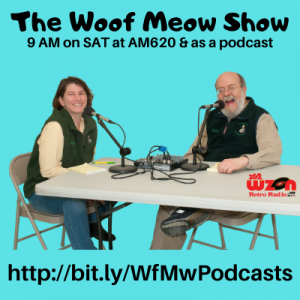 ( http://woofmeowshow.libsyn.com/ )
( http://woofmeowshow.libsyn.com/ )
The Pet Professional Guild and the Shock-Free Coalition with Niki Tudge – http://blog.greenacreskennel.com/2017/09/27/podcast-the-woof-meow-show-the-pet-professional-guild-and-the-shock-free-coalition-with-niki-tudge/
Pet Professional Guild (PPG) website
( https://www.petprofessionalguild.com/ )
Pet Professional Guild (PPG) Find An Expert page – https://www.petprofessionalguild.com/Zip-Code-Search
Pet Professional Guild Guiding Principles – https://www.petprofessionalguild.com/PPGs-Guiding-Principles
Pet Professional Guild Code of Ethical Conduct – https://petprofessionalguild.com/Code-Of-Ethical-Conduct
Pet Professional Guild Position Statements – https://www.petprofessionalguild.com/Position-Statements
PPG Position Statement on Breed Specific Legislation – https://www.petprofessionalguild.com/Breed-Specific-Legislation
PPG Position Statement on Dominance Theory in Animal Training – https://www.petprofessionalguild.com/DominanceTheoryPositionStatement
PPG Position Statement on The Reality of TV Dog Training – https://www.petprofessionalguild.com/Realitydogtrainingpositionstatement
PPG Position Statement on The Use of Choke and Prong Collars – https://www.petprofessionalguild.com/chokeandprongcollarpositionstatement
PPG Position Statement on The Use of Shock in Animal Training – https://www.petprofessionalguild.com/shockcollars
PPG Position Statement on Cat Declawing – https://www.petprofessionalguild.com/Statement-on-Cat-Declawing
PPG FREE Membership for Pet Owners – https://www.petprofessionalguild.com/Owner-Members
PPG Barks from the Guild – https://barksfromtheguild.com/
PPG Canine Article Archives – https://www.petprofessionalguild.com/Canine-Archives
PPG Feline Article Archives – https://www.petprofessionalguild.com/Feline-Archives
PPG Junior Membership – https://www.petprofessionalguild.com/Junior-Members
________________________________________________________________________
Don Hanson is the co-owner of the Green Acres Kennel Shop ( greenacreskennel.com ) in Bangor, Maine, where he has been helping people with their pets since 1995. He is also the founder of ForceFreePets.com, an online educational resource for people with dogs and cats. Don is a Bach Foundation Registered Animal Practitioner (BFRAP), Certified Dog Behavior Consultant (CDBC), Associate Certified Cat Behavior Consultant (ACCBC), and a Certified Professional Dog Trainer (CPDT-KA). He is a member of the Pet Professional Guild (PPG). Don is committed to PPG’s Guiding Principles and the Pain-Free, Force-Free, and Fear-Free training, management, and care of all pets. He serves on the PPG Steering Committee and Advocacy Committee and is the Chair of The Shock-Free Coalition ( shockfree.org ). Don produces and co-hosts a weekly radio show and podcast, The Woof Meow Show, that airs on Z62 Retro Radio WZON (AM620) and WKIT 103.3-HD3 and is streamed at http://bit.ly/AM620-WZON every Saturday at 9 AM. Podcasts of the show are available at http://bit.ly/WfMwPodcasts/, the Apple Podcast app, and Don’s blog: www.words-woofs-meows.com. The opinions in this post are those of Don Hanson.
©20SEP20, Donald J. Hanson, All Rights Reserved
< Click for Copyright and Use Policy >
